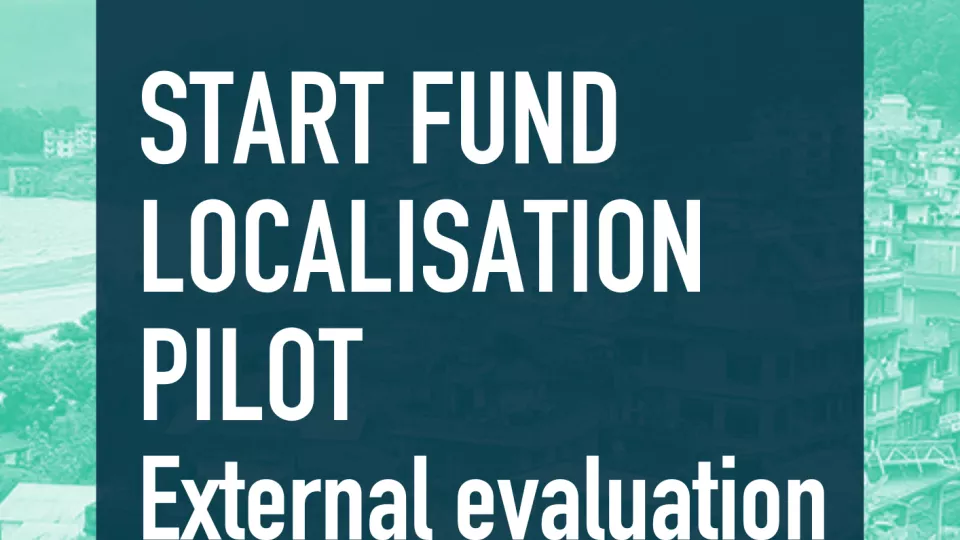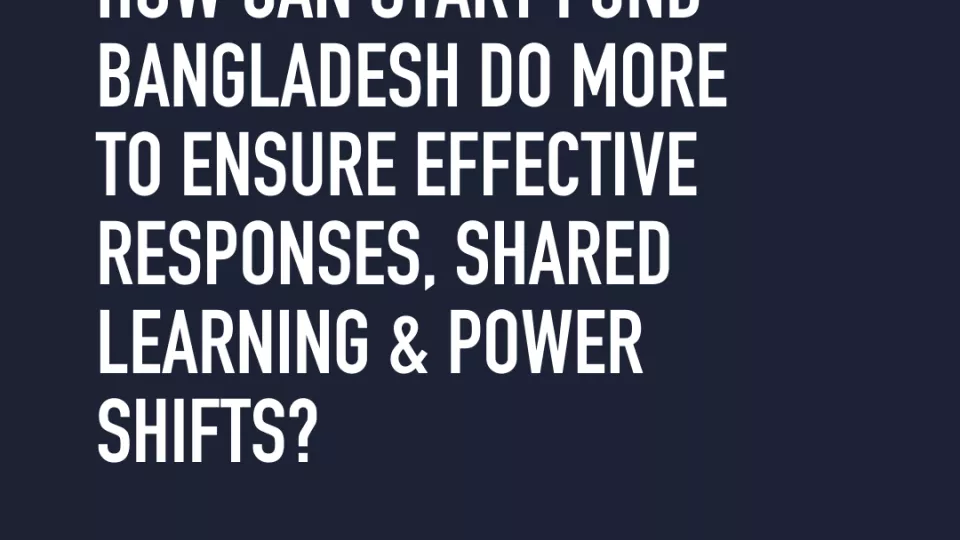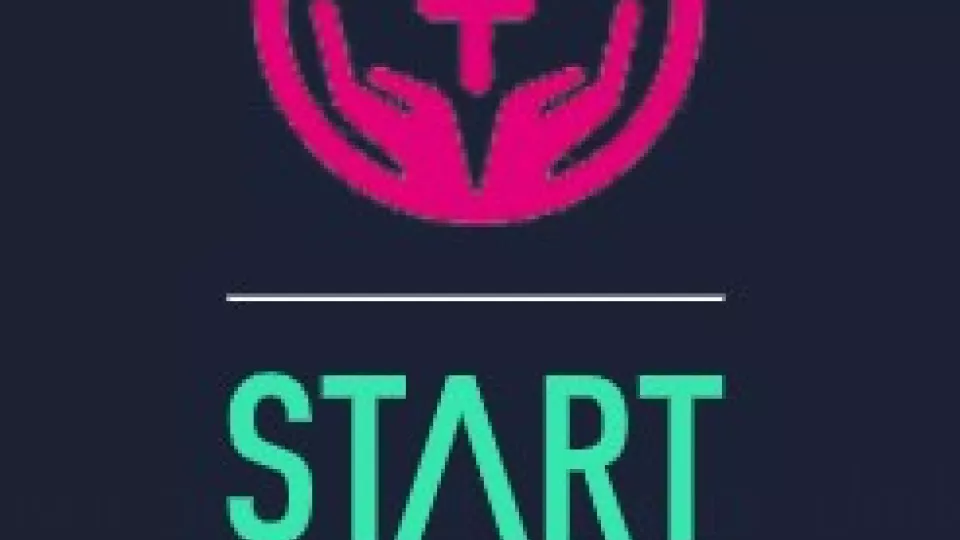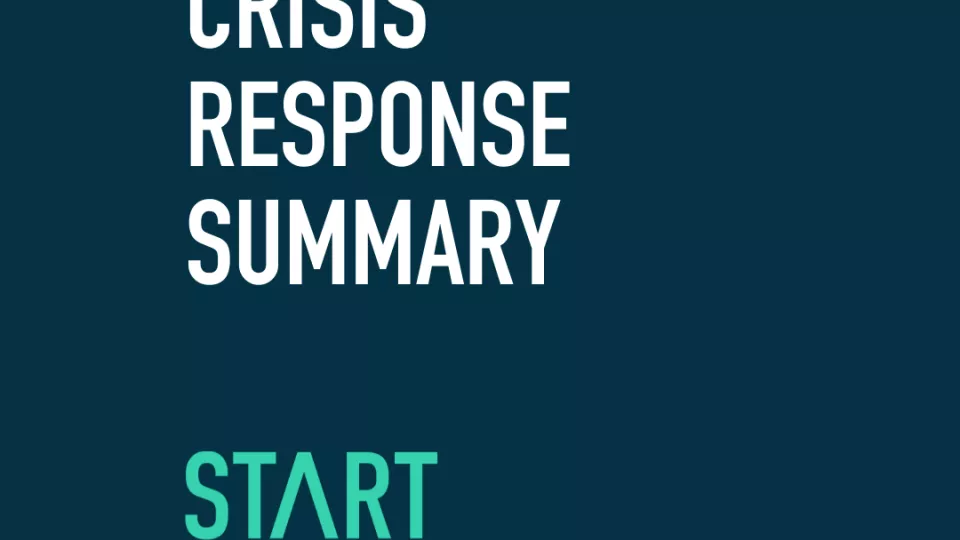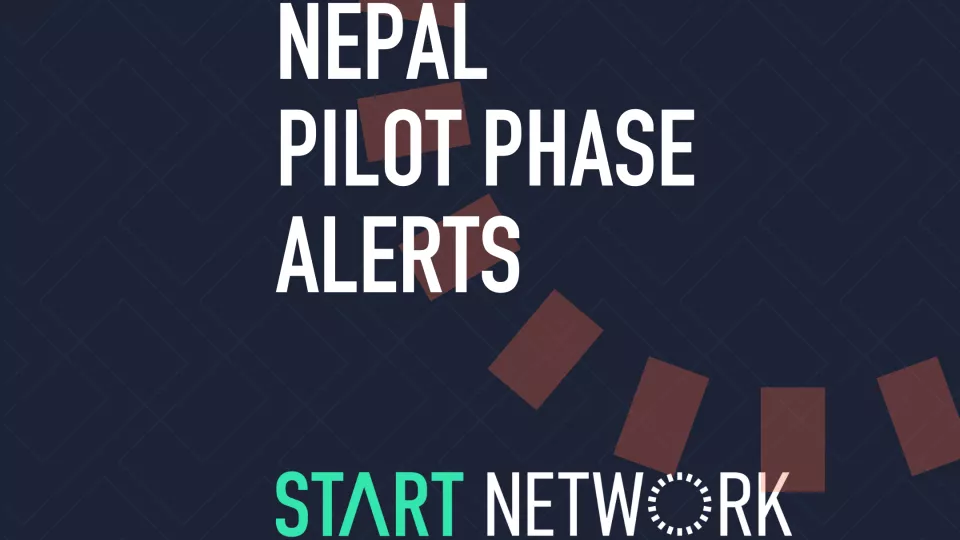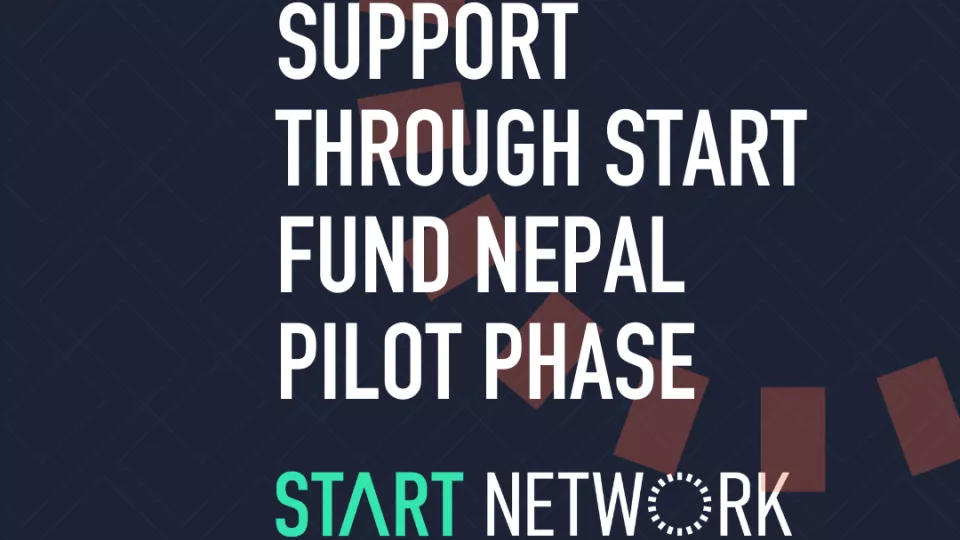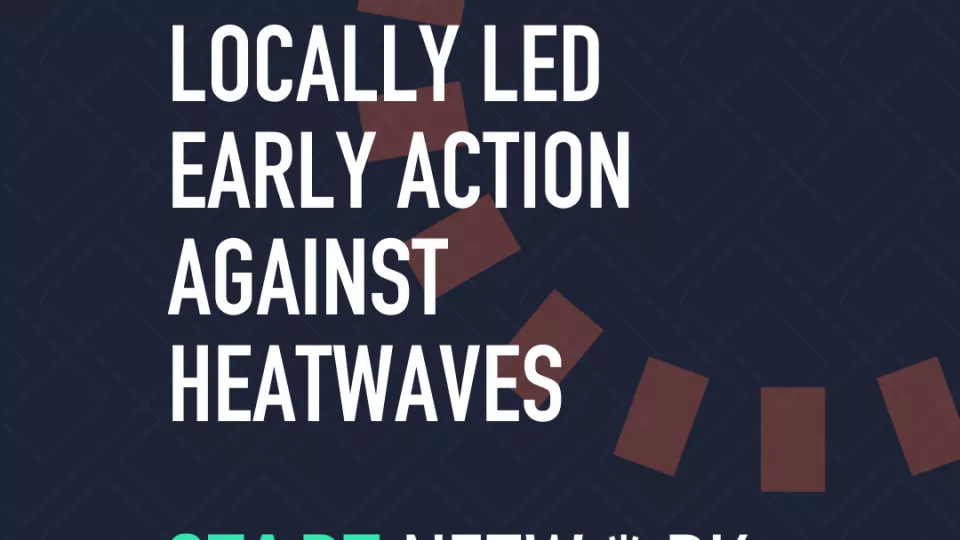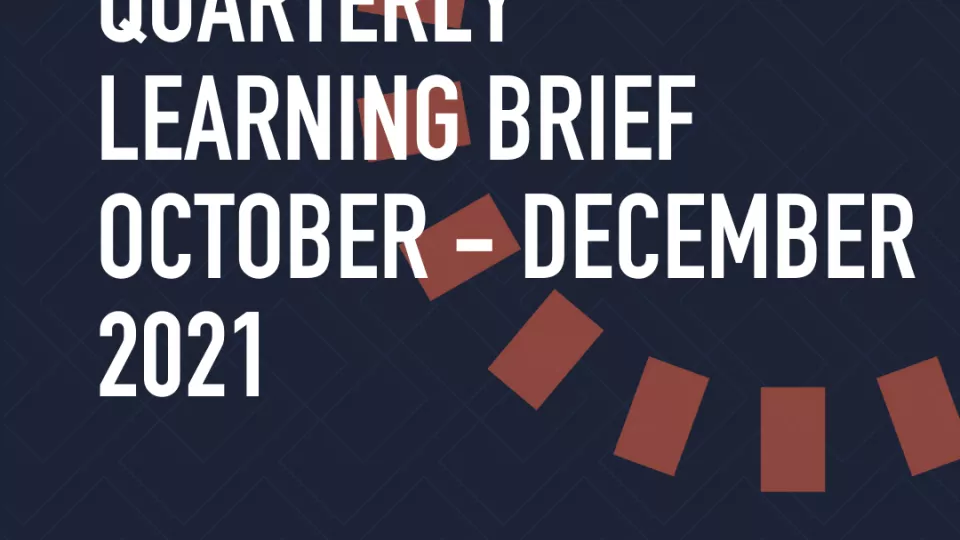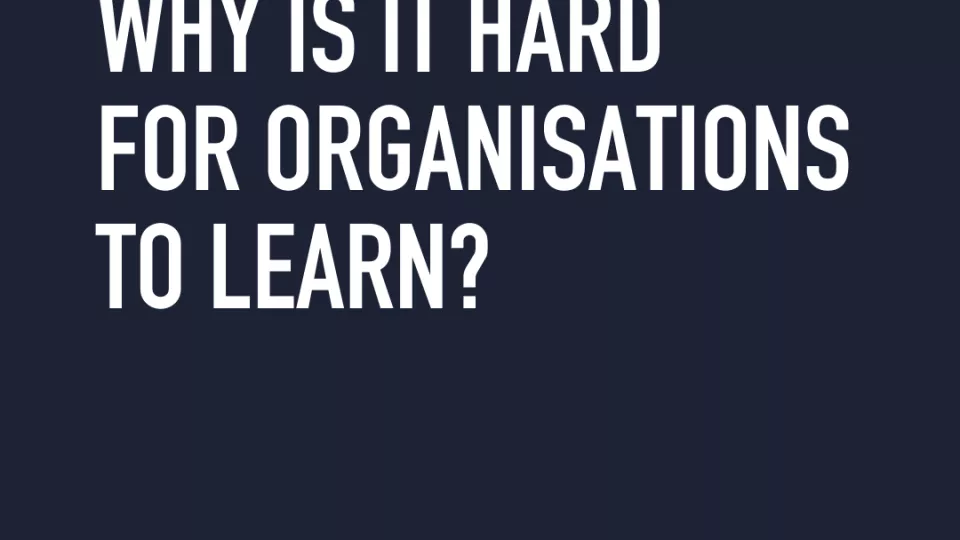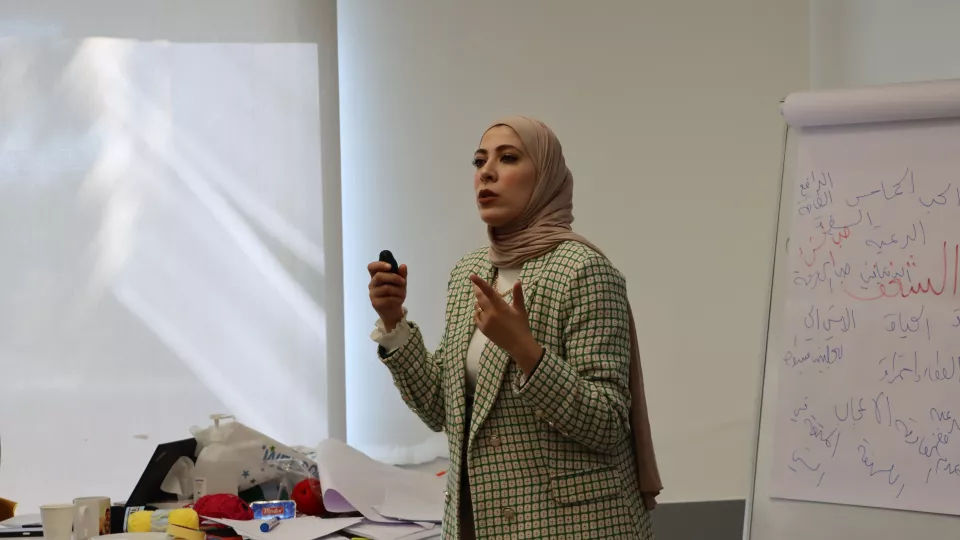
Community led approaches to monitoring, evaluation, accountability, and learning research grant
This grant sought to enable the creation of new methodologies to measure the success and impact of humanitarian interventions. The Community-Led Approaches to Monitoring, Evaluation, Accountability, and Learning (MEAL) Research Grant was created in March 2022, with support from the Conrad N. Hilton Foundation and the IKEA Foundation. This grant formed part of the Start Network’s push for a locally led humanitarian system and to meet the participation revolution commitment in the Grand Bargain, which seeks to promote the link between effective participation and the quality and effectiveness of humanitarian response.

